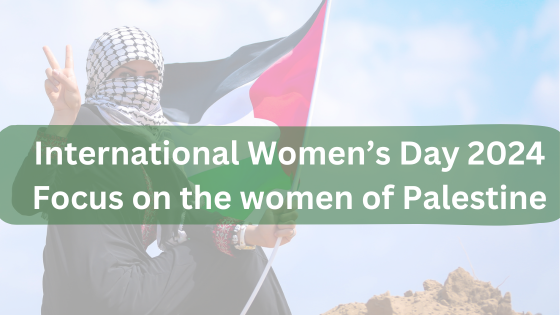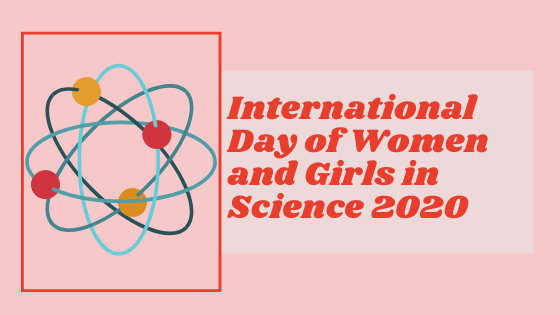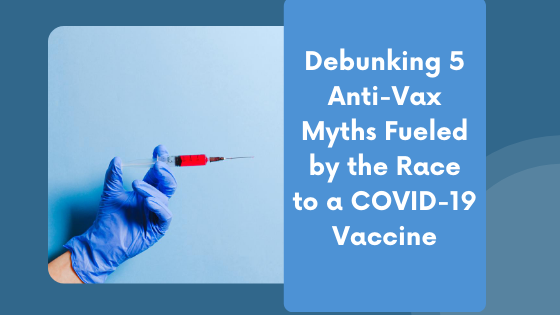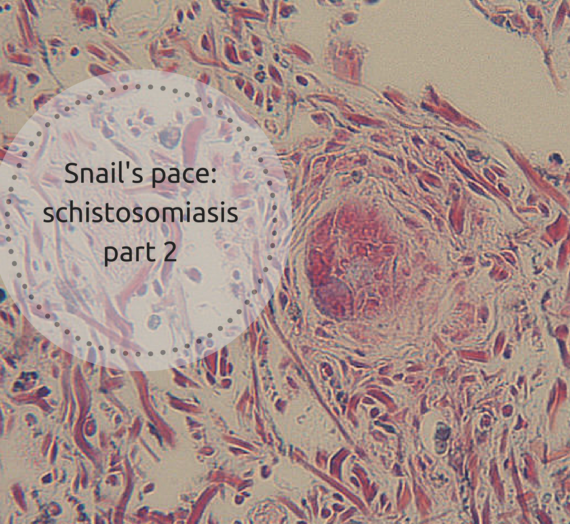International Women’s Day is an event we at Seeking Science try to commemorate every year, but 2024’s celebrations feel out of place as we watch the ongoing suffering in Palestine. We thought about writing a post on a traditionally scientific or medical aspect of IWD as we usually do each year, but we couldn’t bring ourselves to celebrate the day in the same way. Instead, we turn our attention to the plight of Palestinian women and the specific challenges they face during the ongoing genocide.
The continued bombardment of Palestine has led to mass human suffering among men, women and children. It is clear, however, that Palestinian women are bearing the brunt of the horrors, and have been let down by Western feminism. For them, the idea of ‘celebrating’ IWD is far from their minds.
It’s difficult to add statistics on the plight of Palestinian women to this article because the numbers are rising every day, and will probably be outdated by the time this is published, but we have collated a summary of the three main issues facing women in Palestine during the ongoing crisis:
Pregnancy and childbirth
- As of November 2023, there were estimated to be 50,000 pregnant women in Gaza, with ~180 giving birth daily, with hospitals destroyed and a lack of resources and medical staff, many women are forced to give birth in unsafe and unhygienic circumstances, putting them and their babies at high risk
- Miscarriages are estimated to have risen by 300% since the current Israeli attacks began in October, due to constant stress, as well as factors such as malnutrition
“Becoming a mother should be a time for celebration. In Gaza, it’s another child delivered into hell. Humanity cannot allow this warped version of normal to persist any longer. Mothers and newborns need a humanitarian ceasefire.”
Tess Ingram – UNICEF
Menstruation and hygiene
- Girls and women are running out of access to menstrual products, with some forced to create makeshift pads out of tent scraps, putting them at risk of infection
- A lack of running water also means women and girls are struggling to maintain basic hygiene during menstruation. Living in tents with poor access to bathrooms and privacy during their periods can also have a significant psychological toll on women
- An increasing number of women and girls are relying on period-delay medications such as norethisterone, intended as a temporary rather than a long-term solution, which may have adverse effects such as irregular bleeding, mood swings and dizziness, adding to the challenges faced by women during the bombardment
Women and girls represent 70% of Palestine’s death toll since October 7th
UN Women
Sexual assault and degradation
- Women have been subjected to sexual abuse by IDF soldiers, with some reports detailing women being photographed in demeaning circumstances
- Several photographs have emerged online of IDF soldiers posing with women’s clothes and underwear as ‘trophies’, further illustrating the dehumanisation of Palestinian women
The absence of safe shelters for women, the alarming rate of two mothers losing their lives every hour, and the increasing number of women becoming widows and assuming sole leadership of households has created an overwhelming burden on the women in the region.
Of course, we still believe in the message of IWD and the goal of celebrating and inspiring women worldwide, but we must stop and ask ourselves how useful our feminism is if it turns a blind eye in moments of real crisis, such as what we are witnessing in Palestine. It’s easy to feel hopeless in times like these, but there are actions that we can take as individuals, which collectively, will make a difference.
We’ll leave you with this quote from Palestinian poet Fadwa Tuqan’s poem Hamza
‘My sister, our land has a throbbing heart,
it doesn’t cease to beat, and it endures
the unendurable. It keeps the secrets
of hills and wombs. This land sprouting
with spikes and palms is also the land
that gives birth to a freedom-fighter.
This land, my sister, is a woman.’
Fadwa Tuqan
Below are some links to petitions and organisations donating aid to Palestine




